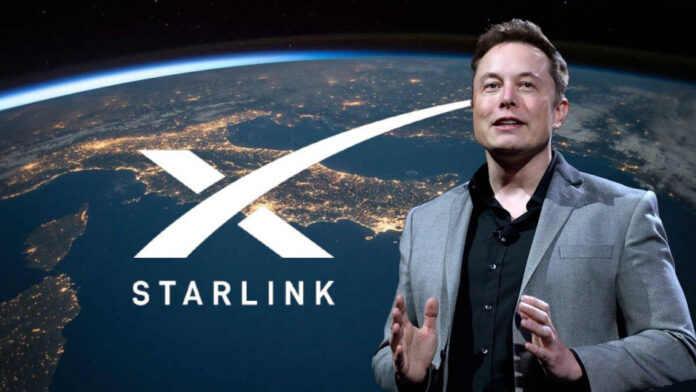The members of the Senate Standing Committee on Information Technology have called for an apology from Elon Musk before considering a license for Starlink, citing the US billionaire’s controversial statements allegedly targeting Pakistan, according to media reports.
The committee, chaired by Senator Palwasha Khan on Wednesday, expressed its concerns during a session discussing Starlink’s pending license and the Personal Data Protection Bill, 2023.
Pakistan Telecommunication Authority (PTA) Chairman Maj-Gen (Retd) Hafeez Ur Rehman informed the committee that Starlink’s application for security clearance and licensing is pending approval with the Pakistan Space Activities Regulatory Board (PSARB).
He explained that Starlink, owned by Musk’s SpaceX, has registered itself locally and plans to establish ground stations in Pakistan to offer satellite-based internet services.
However, committee members raised serious objections over Musk’s recent remarks, questioning whether a company led by an individual engaging in such behavior should be allowed to operate in Pakistan. The committee highlighted that Musk’s statements had fueled disinformation against Pakistan, amplifying negative narratives through social media.
Read This: Does Pakistan need Starlink?
Senator Palwasha Khan criticised Musk for his alleged anti-Pakistan tirade, accusing him of aligning with India’s narrative against Pakistan.
Senator Afnan Ullah Khan from the ruling Pakistan Muslim League (Nawaz) suggested that Starlink should only be granted a license if Musk issues a public apology for his remarks. “The PTA must consider Musk’s campaign against Pakistan before issuing a license. He should apologise for his statements before any further steps are taken,” Khan argued.
Recently, Elon Musk expressed support for an anti-Pakistan narrative promoted by Priyanka Chaturvedi, a Rajya Sabha member from India’s Shiv Sena (UBT) party.
Chaturvedi stirred controversy by asserting that responsibility for grooming gangs in the UK should not be attributed to Asia as a whole, but specifically to “one rogue nation”—Pakistan. Musk, the CEO of SpaceX and Tesla, echoed her sentiment on social media, labeling her claim as “true” and aligning himself with her stance.
Starlink is one of the many satellite internet service companies interested in Pakistan. None of them have gained regulatory approvals and licenses from the respective government bodies, thus far.
But Starlink has emerged as the frontrunner in being granted all the necessary permits as it has been engaged in an active negotiation with the government for a considerable time and its application process is ahead of the rest of the competition.
Pakistan is one of the many markets that these satellite internet providers are targeting. The developing world has a large appetite for the internet, and the introduction of reliable high-speed internet can change a country and its economy.
During the standing committee’s meeting, the PTA chairman clarified that Starlink’s operations in Pakistan cannot proceed until the regulatory framework is completed and licenses are issued. He further noted that Starlink’s services involve direct-to-consumer satellite internet through low-earth orbit satellites, a system requiring substantial regulatory oversight.
The committee also directed the Pakistan Space Activities Regulatory Board to provide a comprehensive briefing on the matter in its next meeting.




